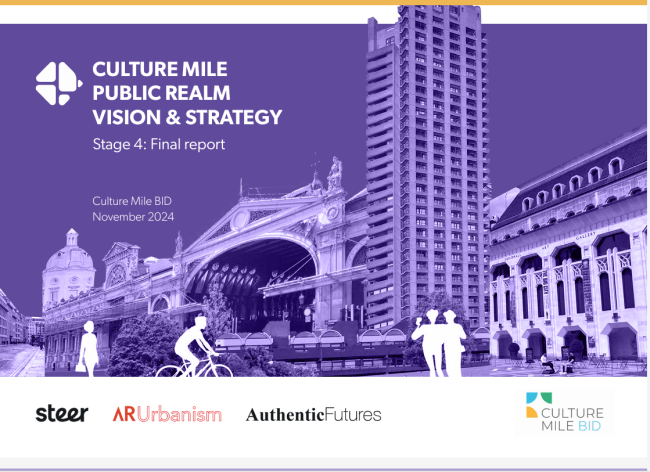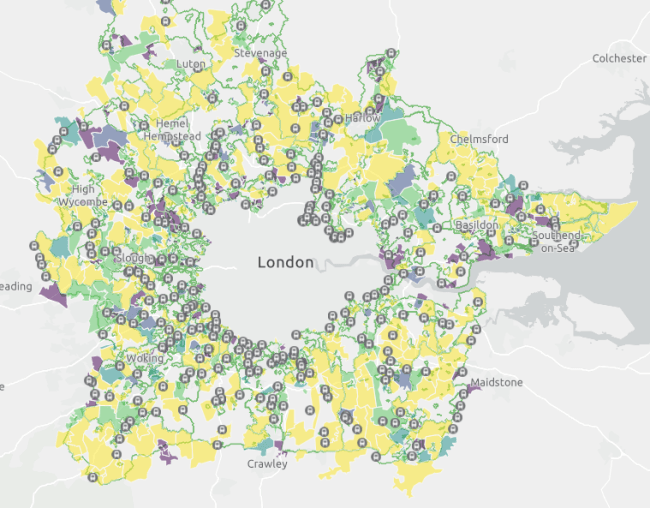Shiny, happy travellers
There is often a disparity between what travellers actually want and how we appraise transport projects. Here, we provide an example where we’ve closed this gap.
When looking at the way transport schemes are assessed, you could be forgiven for thinking that journey time and cost were virtually all that mattered. However, there is increasing interest in considering wider factors, perhaps epitomised by David Cameron’s ‘happiness index’. So should we be rethinking how projects are appraised and if so, how can we incorporate ‘softer’ variables?
Having been researching transport now for 25 years, I’ve been well aware of the gap between what travellers tell us and how we appraise transport projects. In part this comes down to practicalities: many of the factors we’d like to include are ‘fuzzy’, making them difficult to incorporate. For example, reliability is consistently identified by passengers as the number one characteristic, but it is quite a complicated concept involving a combination of the chance of a delay, the length of delay and its impact on the traveller. I investigated this in a seminal study (“Big Delays” Passenger Demand Forecasting Council, Steer Davies Gleave, 1995) for the rail industry and arrived at the conclusion that the way reliability was assessed at the time (using a formula based on probability x length) bears little relationship to its actual impact on passengers. The conclusions had implications not just for quantifying unreliability, but also for managing delays and minimising their impact, and still has validity oday. The other classic factor quoted by passengers is even more fuzzy and that’s ‘convenience’.
The second reason why there is a disparity between how projects are assessed and how they are valued by travellers is because of the dominance of economic theory in our thinking. The effect of this is that ‘hard’ factors like time and cost are regarded as more sensible, ‘better’ reasons for making a decision than softer, woollier factors like comfort, ease, or liking, and certainly ‘better’ than emotive factors like status, or image. The consequence is that people do not like to admit, even to themselves, that they are driven by emotional ‘irrational’ influences.
This creates a research challenge, but having recognised the problem it is possible to minimise its effect (though not eliminate it entirely). One simple technique is to avoid prompted questions. If you ask someone whether ‘cost’ or ‘journey time’ are important influences they cannot really say anything other than yes, because they appear such sensible factors to consider.
One recent project where we attempted to examine actual reasons for choice, rather than simply imposing our preconceived ideas, was for Transport for London in connection with the reasons people do and do not cycle, and what policy interventions can be introduced to encourage more cycling. This revealed the importance of some ‘softer’ factors including enjoyment and wanting to be healthy/fit. What made this especially interesting was that the effect of these factors did appear to manifest themselves in a stated preference exercise, in which a shorter cycle journey was not necessarily valued more than a longer journey. This wouldn’t be the case if the journey itself was enjoyable and had a purpose, such as getting fitter.
This example seems to illustrate quite well both the opportunity and the problem. On the one hand, it has identified some key variables for assessing cycle schemes. But on the other, it raises the question of just how to assess a scheme in terms of its impact on the enjoyment of the traveller.




















